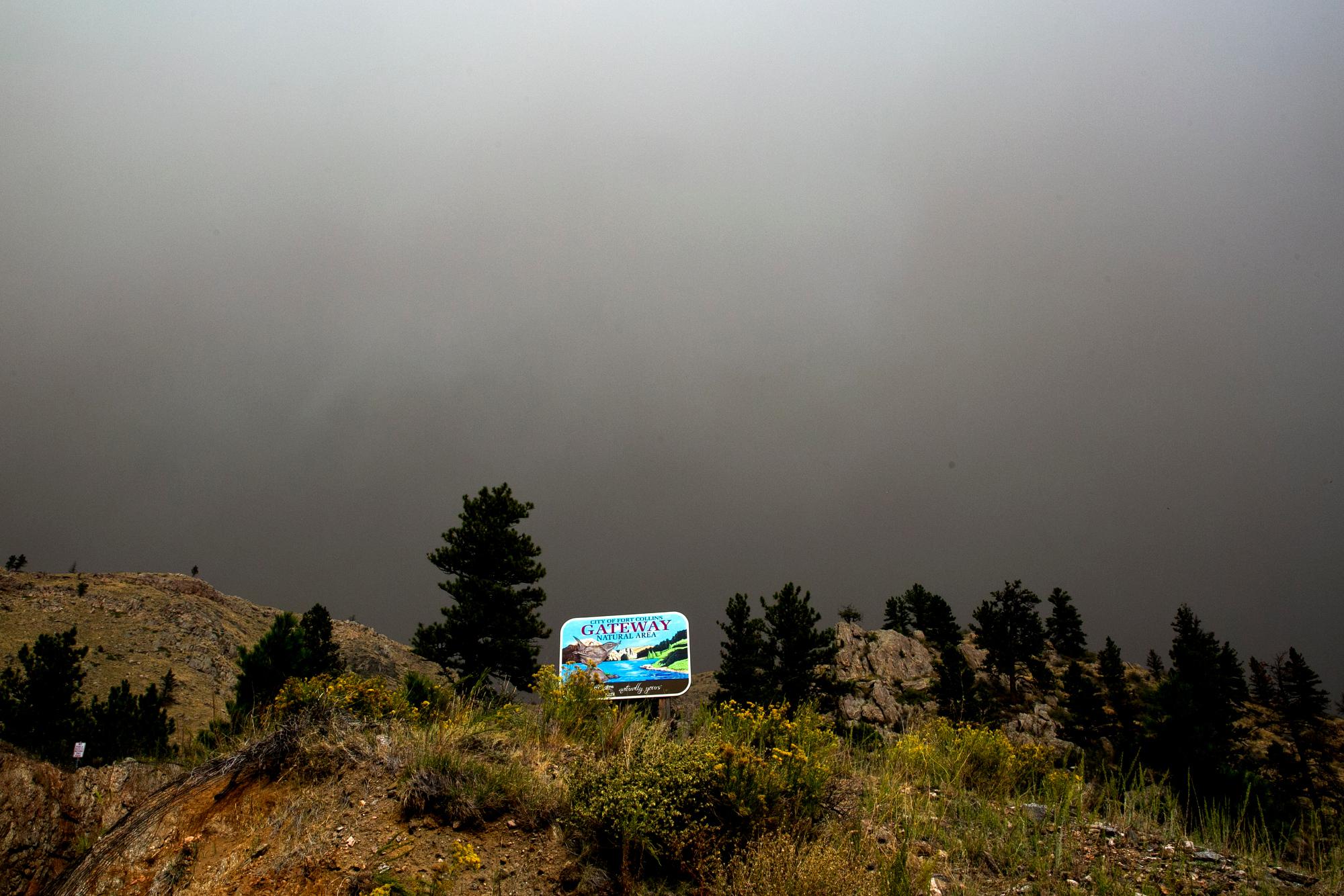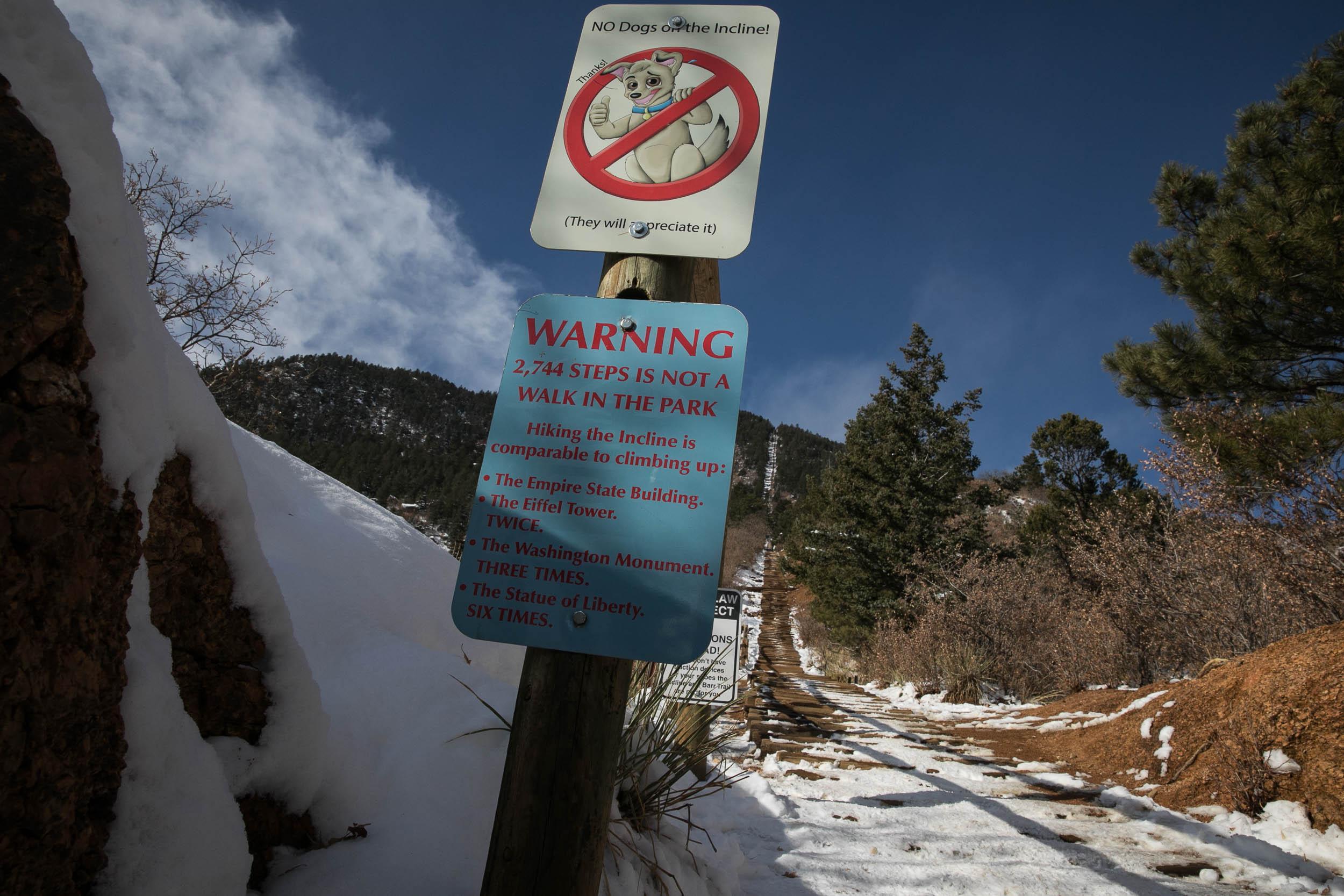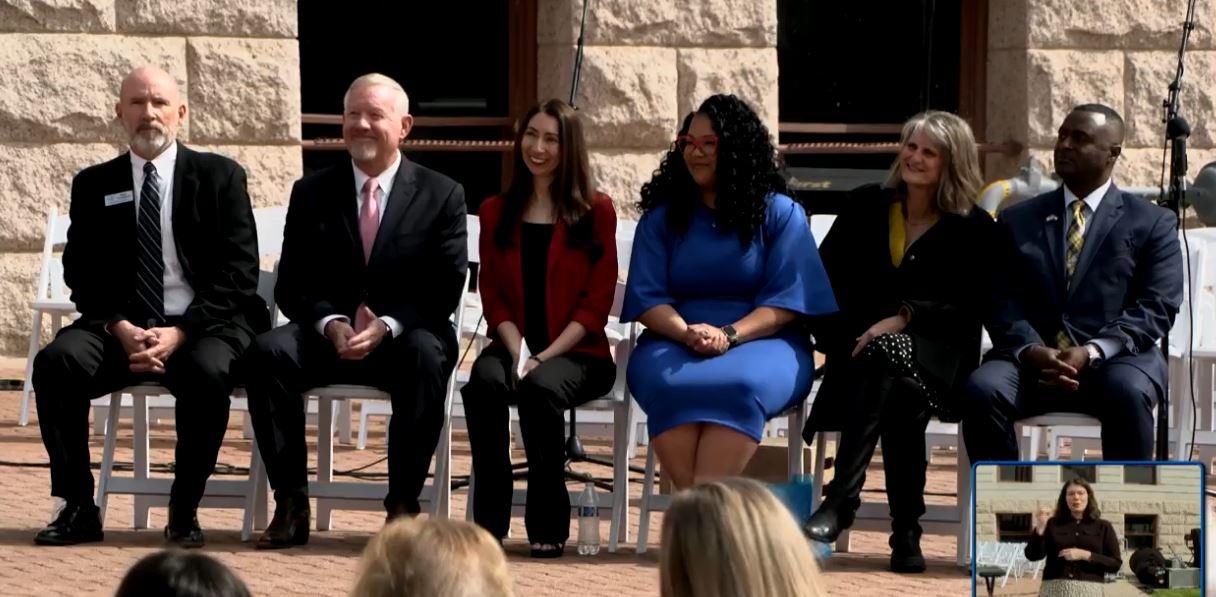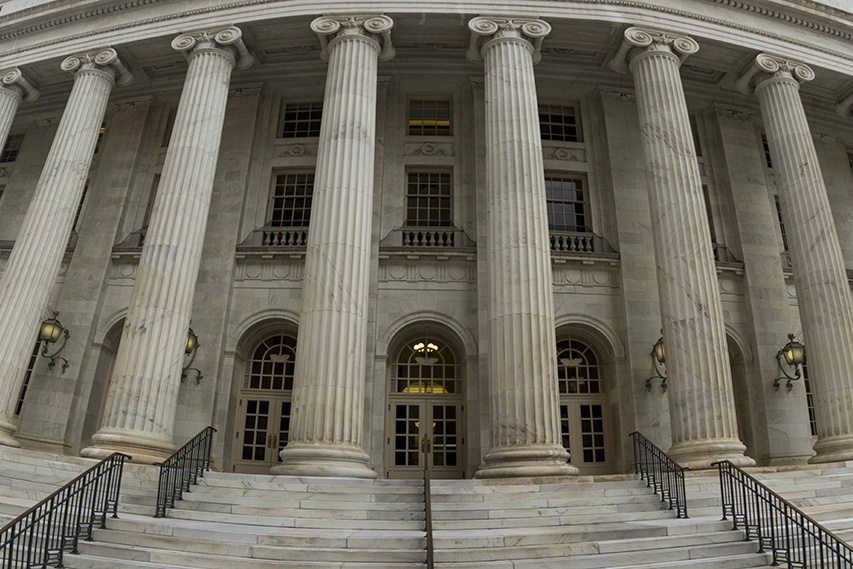
President Joe Biden began enacting his climate campaign hours after his inauguration Wednesday, drawing the support of Colorado experts and officials who saw his actions as a first step toward more aggressive measures down the line.
He signed several executive actions, including to rejoin the Paris Climate Agreement and rescind a permit for the construction of the Keystone XL oil pipeline. He also called for a review of policies enacted by former President Donald Trump, who worked to roll back a wide range of environmental protections during his term.
Max Boykoff, an associate professor of environmental studies at the University of Colorado Boulder, said Biden’s moves were a “positive moment” for the environment.
“Irrespective of left-right politics, this is a monumental and encouraging day for work on climate and environment as it also intersects with important considerations of the health of the Colorado economy and citizenry going forward,” he said.
Over the last four years, Colorado has taken on its own climate goals, including setting benchmarks for cutting greenhouse gas emissions, investments in renewable energy and electric vehicles and moves by utilities like Xcel Energy to reduce its carbon emissions. Gov. Jared Polis released his roadmap for reaching those emissions targets last week.
Former Colorado Gov. Bill Ritter, director of the Center for the New Energy Economy at Colorado State University, said that because of the steps the state has already taken, the work done by the Biden administration may not be felt immediately.
“I think Coloradans can feel pretty good that we didn't sit on our heels while President Trump was trying to roll back a variety of environmental and climate change initiatives,” Ritter said. “Today we can be part of the leadership group of states that can actually help the administration get to their goals.”
Although Biden’s orders didn’t explicitly address Colorado, there are several ways they could make an impact in the state.
His administration’s pledge to regulate oil and gas emissions in public lands could lead to drilling permits being challenged or denied, Ritter said. He also expects there will be efforts to reduce methane leaks that contribute to greenhouse gas emissions.
Other elected officials and environmental organizations in Colorado spoke in support of Biden’s first actions to address climate change.
“Rejoining the Paris Agreement is a win for our planet, our economy, our health, and our national security,” Democratic U.S Sen. Michael Bennet said in a statement. “Coloradans know that leading on climate solutions spurs jobs and innovation and protects us against worsening drought and wildfires.”
Democratic U.S. Rep. Joe Neguse, who sits on the Select Committee on the Climate Crisis, also applauded Biden for rejoining the Paris agreements in a statement, saying “a new era for climate action is here.”
“In Colorado, we have experienced the impacts of climate change tangibly through devastating wildfires, increased flooding and climate-related weather events,” he said. “Our communities are ready for bold leadership and bold action to tackle the existential threat of climate change.”
Lisa Dilling, a professor of environmental studies at the University of Colorado Boulder, said she would like to see Biden focus on decarbonizing the power sector, including setting a nationwide clean energy standard, electrifying transportation and funding technology that captures carbon emissions.
“I think there’s a lot of hope, or maybe it’s called pressure,” Dilling said. “A lot of people are looking to this administration to really move forward aggressively on addressing climate because it’s such an urgent issue.”
Rejoining the Paris Climate Agreement is a “symbolic step,” Boykoff said, one that signals to the rest of the world that the United States is serious in its efforts to address climate change.
“This is going to open up spaces for a lot more important work to be done,” he said. “We’ve been late on a lot of these things, but we’re not too late.”








